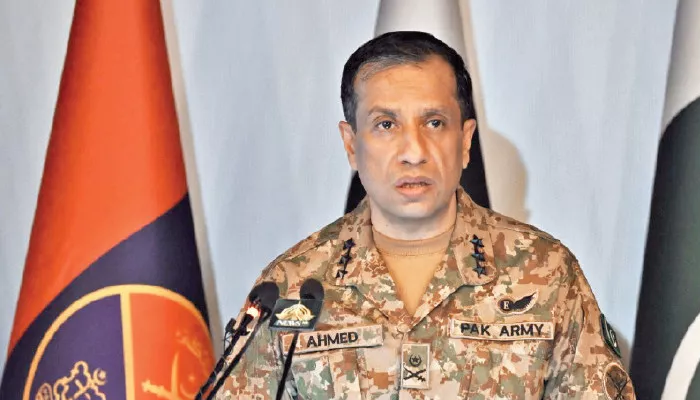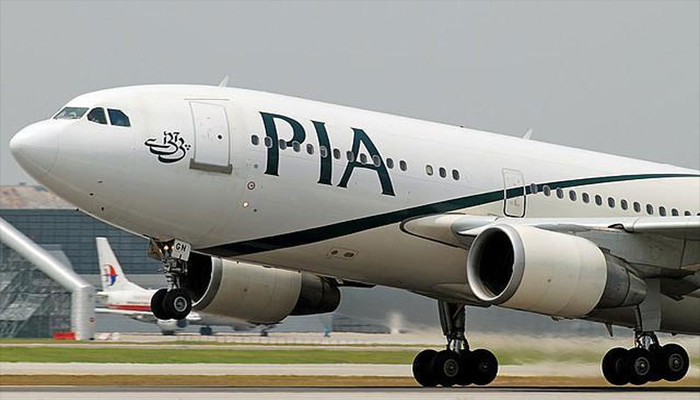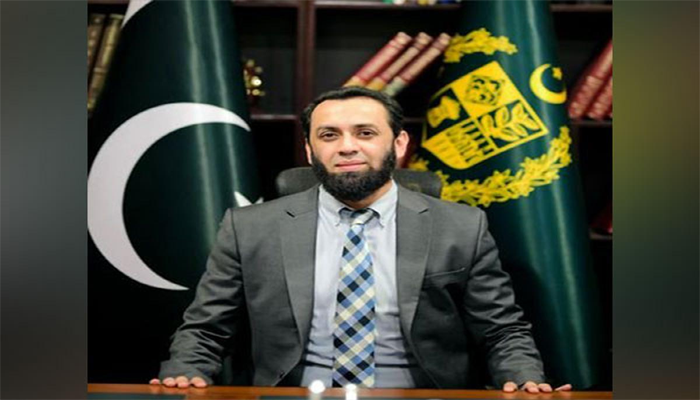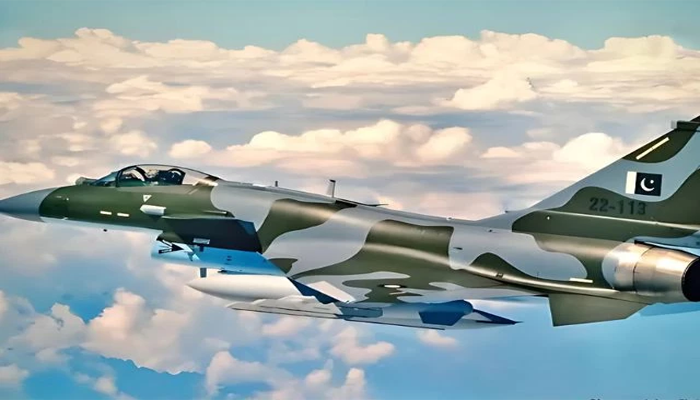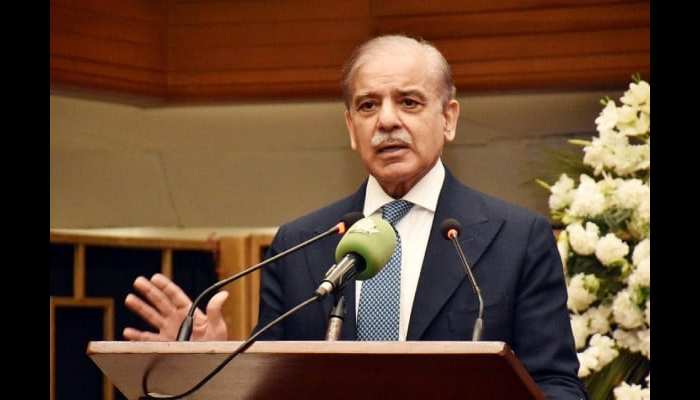RAWALPINDI: The Pakistan military on Tuesday presented what it described as “irrefutable evidence” of India’s involvement in state-sponsored terrorism inside Pakistan, particularly targeting the restive Balochistan region. The revelations came during a high-stakes press conference held by Director General of Inter-Services Public Relations (ISPR), Lt Gen Ahmed Sharif Chaudhry.
Addressing the media in Rawalpindi, the army spokesperson detailed a major breakthrough, announcing the arrest of a Pakistani national trained by Indian operatives. He also confirmed the recovery of an Indian drone and an improvised explosive device (IED), further underscoring New Delhi’s alleged role in fomenting chaos across the border.
Lt Gen Chaudhry firmly rejected India’s allegations that Pakistan was behind the recent Pahalgam attack in Indian-Occupied Jammu and Kashmir, stating that “India has not provided a single shred of evidence to support its baseless claims.” Instead, he turned the spotlight on India’s own actions, calling them part of a wider campaign of destabilisation.
"India is actively involved in spreading terrorism within Pakistan. It operates and supports terror networks that aim to destabilise our country and inflict harm on both our security forces and innocent civilians," said Lt Gen Chaudhry.
He revealed that on April 25, law enforcement agencies apprehended a suspect, Abdul Majeed, near the Jhelum bus stand. Majeed, a Pakistani national, had allegedly received training in India. Upon his arrest, security forces recovered an IED, two mobile phones, and Rs70,000 in cash.
Subsequent raids led to a chilling discovery: an Indian-origin drone and Rs1 million in cash were found at the suspect’s residence. "This operation exposed direct involvement of a serving Indian Army officer," Chaudhry said, naming the handler as Subedar Sukvinder, a junior commissioned officer of the Indian military.
According to the ISPR chief, forensic analysis of the recovered materials has confirmed their Indian origin, and the data retrieved from communication devices further implicates Indian intelligence involvement. “This is not speculation — this is hard, verifiable evidence. Any independent international agency can examine it,” he stressed.
Chaudhry declared the evidence as part of a larger, systematic pattern of India’s state-sponsored terrorism, especially in Balochistan and bordering regions. "India’s use of drones to deliver explosives and funds to trained assets within Pakistan is part of a hybrid warfare strategy that the world can no longer ignore," he added.
He concluded the briefing by urging the international community, especially the United Nations and human rights watchdogs, to take serious note of these developments and hold India accountable. "Pakistan reserves the right to defend itself and will take all necessary steps to secure its sovereignty and the safety of its people," Chaudhry affirmed.
The revelations come at a time of heightened tensions between the two nuclear-armed neighbours, further complicating an already volatile regional security environment.

